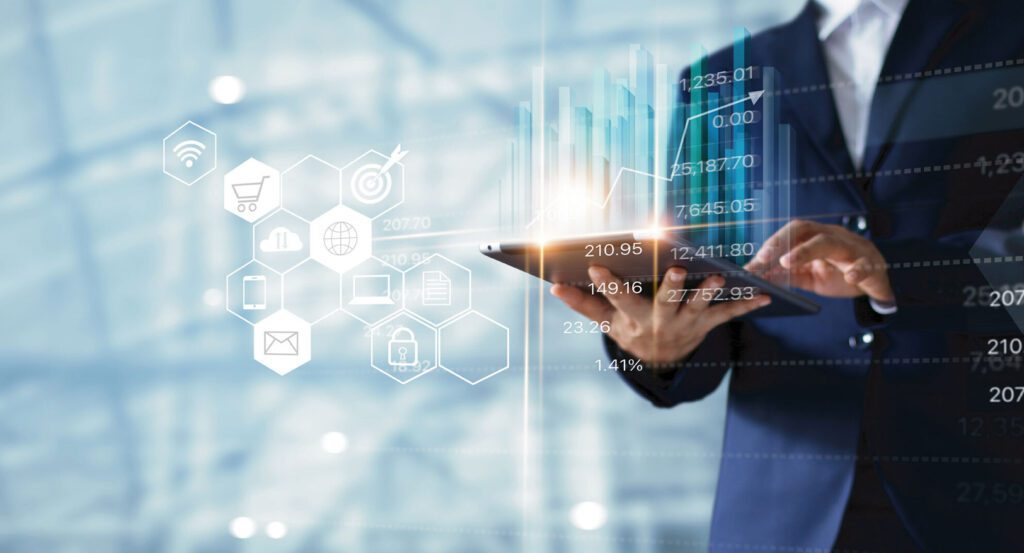
The next time your business requires new computers, networking equipment, or other technology, should you buy them or opt for IT hardware leasing? There is a need to figure out the benefits and drawbacks when it comes to buying or leasing IT equipment. Coupled with the questions that you need to ask in order to secure the best deal.
Leasing benefits
- Leasing ensures that the equipment is up-to-date; computers and other technical equipment become obsolete after a certain point in time. With IT equipment leasing, you pass the financial burden to the equipment leasing company. An example is if you have a 2-year lease for a copy machine. After the expiration of the lease term, you can purchase equipment that is faster, cheaper, and newer.
- There is no down payment; small businesses are known to struggle with cash flow and need to keep their coffers as full as possible. Since it rarely requires any form of down payment, IT hardware leasing is an easy task.
- You will have predictable monthly expenses; with a lease, you will have a predetermined monthly lease that can help you reap the benefits of your budget effectively.
- You will be able to keep up with your competitors. Leasing can help small businesses acquire sophisticated technology. It can be in the form of a voice-over-internet protocol phone system that otherwise may not be affordable. Eventually, you will be able to keep up with your competitors without draining your financial resources.
Leasing downsides
- In the long run, you will pay more. IT equipment leasing is more expensive than purchasing it. An example is that a $400 computer would cost a total of $5760 if you leased it for 3 years at $ 160 per month, but only $ 400 if purchased outright.
- Even if you stop using the equipment, you are obliged to pay more. You must pay for the entire lease duration, depending on the lease terms and circumstances. Even if you do not require the equipment, it is possible that it will be required if your business changes.
Buying: Benefits
- It is easier than leasing. Buying is always easier than leasing IT equipment. When you take out a lease, it involves some form of paperwork, as leasing companies ask for detailed financial information. They may even ask you how and where you will be using the leased equipment. Even the lease terms can be complicated to negotiate. If you do not negotiate properly, you may end up paying more than the specified amount.
- You are in charge of the maintenance. IT equipment leasing requires you to maintain the equipment based on the specifications of the leasing company. This can be expensive. The moment you purchase equipment outright, you can determine the maintenance schedule yourself.
- The equipment is deductible. Section 179 of the IRS Code allows you to deduct the full cost of newly purchased equipment like computers in the first year. IT hardware leasing is preferred by small businesses and termed operating leases. Here, you can only deduct the monthly payment.
Buying: The downsides
- An initial capital investment for the purchase of equipment may be too much: The business needs to opt for a credit line or cough up a hefty sum to acquire the equipment it needs. These lines and sources of funds could be used elsewhere for marketing, advertising, or other forms that will help your business.
- You may be jammed with obsolete equipment: It goes without saying that computer equipment becomes obsolete quickly with technology. Even if it is a growing small business, it would need to refresh its technology once every two years. This means that you are stuck with outdated equipment that you may have to sell or recycle.
Pose the right questions
If you are thinking about leasing IT equipment, proper research has to be done so that you make the right decision. Below are some of the questions that will help you get started.
- What is the type of lease you are required to sign? There are two types of leases: capital leases and operating leases. The capital lease is similar to a loan, and you get the benefits of tax depreciation as well as the risks. With an operating license, the company retains ownership, and for tax purposes, the equipment is considered a monthly operating expense.
- How long is the lease duration? Normally, for computer equipment, the lease is for 12 months, 24 months, or 36 months. The longer your lease, the lower your monthly payments. But with a long lease, in the long run, you end up making more money.
- Is it necessary to ensure the computer equipment? In some cases, the leasing company requires you to insure the rented equipment. If you do not do so, the fees will be added to your monthly payment to cover insurance.
- Do you think it is possible to terminate the license early? What would be the case if you did not require the equipment or were planning to upgrade to a new one? Find out in advance if you can pay off your lease early.
To conclude, there are certain factors that come into consideration if you need to buy or opt for IT equipment leasing. If your equipment needs are small and you have sufficient credit, then you should opt to buy it. The reason is that you are going to save considerable money in the long run. But if you require a substantial volume of equipment like computers for 10 new employees, then IT hardware leasing is a viable option for you.